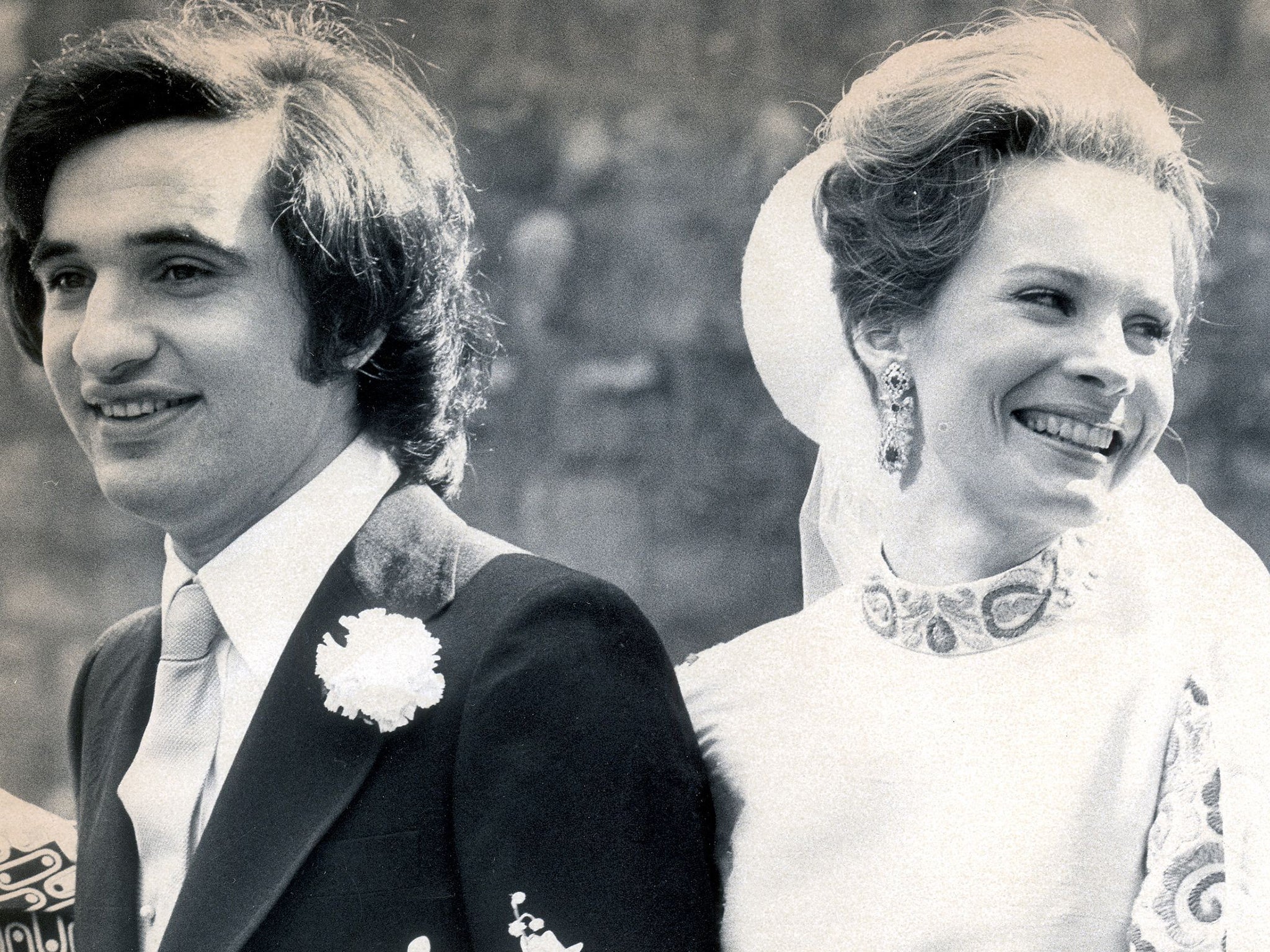Ely Calil: Oil magnate who financed the failed 'wonga coup' in Equatorial Guinea
The Lebanese businessman would have remained unnoticed had it not been for his role in a plot with Margaret Thatcher's son and a former mercenary to overthrow President Obiang

Ely Calil, who has died aged 72, was a financier and oil baron who would ordinarily have remained unnoticed and unrecognised outside of the business world had it not been for his role in a 2004 failed coup attempt in Equatorial Guinea.
In a scenario worthy of a spy thriller, Calil plotted with Sir Mark Thatcher, son of the former prime minister, and the mercenary Simon Mann to overthrow the government of the Equatorial Guinea president, Teodoro Obiang Nguema Mbasogo, and replace him with exiled opposition leader Severo Moto.
On 7 March 2004, a Boeing 727 loaded with weapons and equipment was seized at Harare airport in Zimbabwe. Mann was arrested, found guilty of attempting to buy arms for an alleged coup plot and given a seven-year prison sentence.
In an intercepted letter from his prison cell, Mann, a former British Army officer, asked his friends Calil (nicknamed “Smelly” in the letter) and Thatcher (nicknamed “Scratcher”) to send “a large splodge of wonga” to help get him out of jail. He was pardoned and released in 2009 on “humanitarian grounds”.
Thatcher, whom Mann later described in court testimony as “not just an investor … a part of the management team”, was arrested at his Cape Town home in August 2004. He was given a four-year suspended sentence, as well as a fine of around $500,000 (£374,000).
The Equatorial Guinea government was unsuccessful in suing Calil, with British courts citing insufficient evidence to pursue a case. Interviewed in 2008, Calil denied the existence of a coup plot, stating: “There was a scheme to fly [Severo Moto] back and to protect him while he was in the country. Severo’s belief was that if he was protected in his home town and could remain alive for a few days a political storm would occur that would sweep away the present regime.”
Calil was no stranger to controversy. Two years prior to the Wonga coup he had been arrested and investigated over alleged illegal payments in relation to contracts between the French Elf Aquitaine oil company and the Nigerian government. The investigation into alleged “abuse of public property” by Calil resulted in him being released without charge.
Ely Calil was born in 1945 in Kano, Nigeria, and educated at Beaumont College and Oxford University. His Lebanese father, George Khalil, had set up the country’s first food oil mill four years earlier, processing nuts, under the name of Nigerian Oil Mills. When Khalil died in 1970, Ely inherited a £20m fortune which he went on to grow through property development and oil broking. By 2010 he had a net worth of around £350m. He was an exceptionally private man who, but for the Wonga coup, would have remained out of the public gaze.
Calil married Frances Condon, a Tennessee tobacco heiress, in 1972, with whom he had a son and a daughter. Divorced in 1985, he remarried the following year, to Lebanese socialite Hayat Emma Morowa. In 1989 he married Renuka Jaine, with whom he had one daughter.
Calil died following a fall down stairs at his home in Holland Park, London.
Ely Calil, businessman, born 8 December 1945; died 28 May 2018
Join our commenting forum
Join thought-provoking conversations, follow other Independent readers and see their replies
Comments
Bookmark popover
Removed from bookmarks